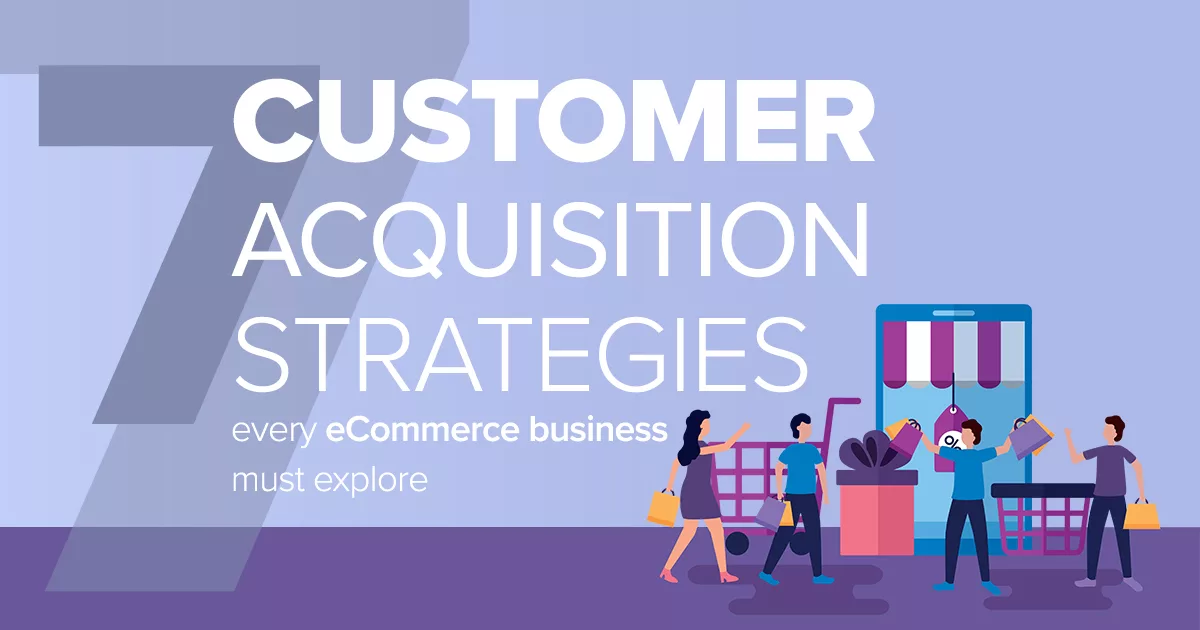The Complete Guide to eCommerce (SEO) Search Engine Optimization

Search engine optimization (SEO) is an essential part of any eCommerce marketing strategy. Business owners, especially the ones who want to advance in digital space need to consider SEO practices to improve their website’s visibility, attract more traffic, and ultimately increase revenue.
When it comes to eCommerce SEO, there are many factors to consider, from keyword research and on-page optimization to link building and content marketing
In this blog, we are providing some of the massively adopted SEO practices that can improve your search engine rankings and attract more potential customers. Ready? Let’s dive in!Step 1. Keyword Research
To begin, you need to identify the search terms that your target audience is using to find products and services in your industry.
You can use tools like Google Keyword Planner, SEMrush, and Ahrefs to find relevant keywords with high search volume and low competition.
Step 2. Optimize Your Product Pages
Once you have your keywords, it’s time to optimize your product pages. This means making sure your page titles, meta descriptions, headings, and product descriptions all include your target keywords.
Don’t forget to include high-quality images and videos to improve user engagement and help your pages rank higher in search results
Step 3. Use Schema Markup
Adding schema markup to your website can help search engines better understand your content and improve your website’s visibility in search results.
Use schema markup to include product information such as price, availability, and reviews.
Step 4. Build High-Quality Backlinks
Getting other websites to link to your eCommerce site is essential for improving your search engine rankings.
You can do this by creating high-quality content that others want to link to, reaching out to industry influencers and bloggers, and participating in online communities and forums.
Step 5. Create High-Quality Content
In addition to building backlinks, creating high-quality content is also crucial for eCommerce SEO. Think blog posts, product guides, and how-to articles that are relevant to your target audience.
Use your target keywords in your content and optimize your headlines and meta descriptions to attract clicks from search engine users.
Step 6. Focus on Local SEO
If you have a physical store or sell products in a specific location, local SEO is critical. This means optimizing your website for local keywords and creating local business listings on sites like Google My Business and Yelp.
Be sure to include your business name, address, and phone number (NAP) on your website and local listings to improve your website’s visibility in local search results.
Step 7. Monitor Your Analytics
Finally, keep an eye on your website’s analytics to track your SEO progress. Use tools like Google Analytics and Google Search Console to monitor your website’s traffic, rankings, and click-through rates
This will help you identify areas where you can improve your SEO strategy and make data-driven decisions to improve your website’s visibility in search results.
By following these steps and continuously optimizing your eCommerce website for search engines, you’ll be well on your way to attracting more potential customers and driving in more sales.
Get started on your eCommerce SEO strategy today!Get your very own online store from the best eCommerce developers in India
We at eCommfy, are one of the fastest-growing eCommerce website development platforms, delivering reliable and faster solutions for businesses standing at different levels of growth.
If you are an offline business that wishes to go online to enhance your reach or looking to modify from an old eCommerce platform to a new and updated one, we can surely help.
Get in touch with our eCommerce experts and experience the best of eCommerce for your business.
Subscribe to our Blog
Read our newly created blogs delivered straight to your inbox.


